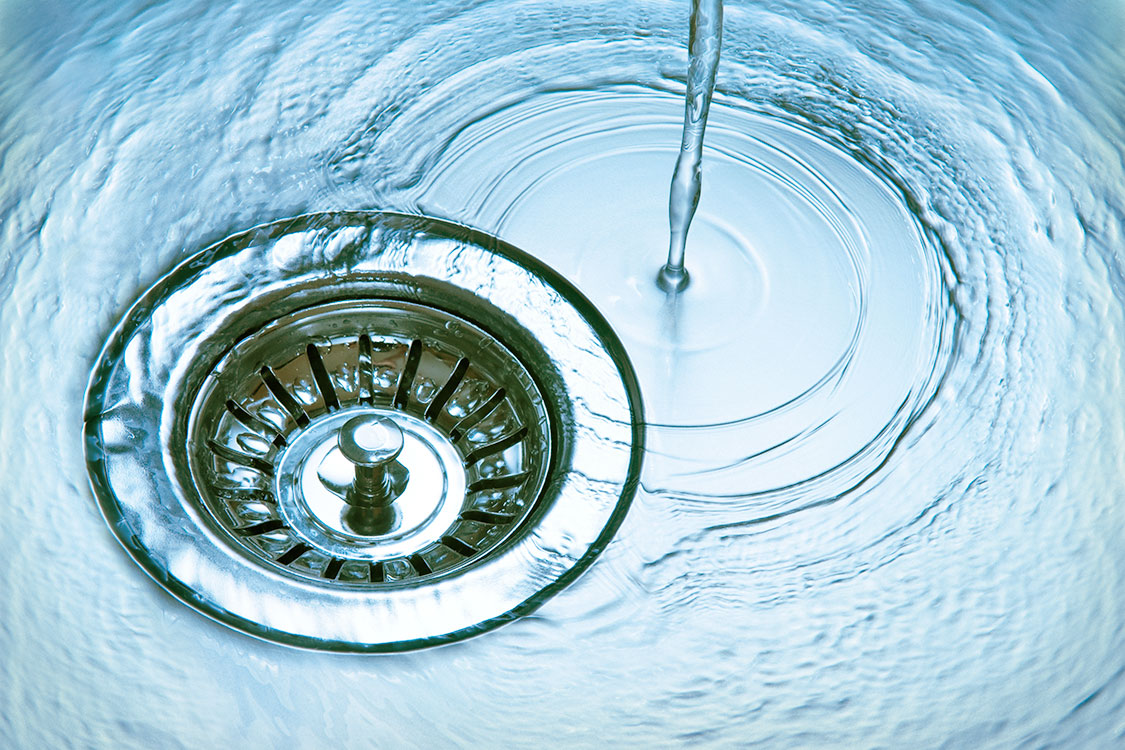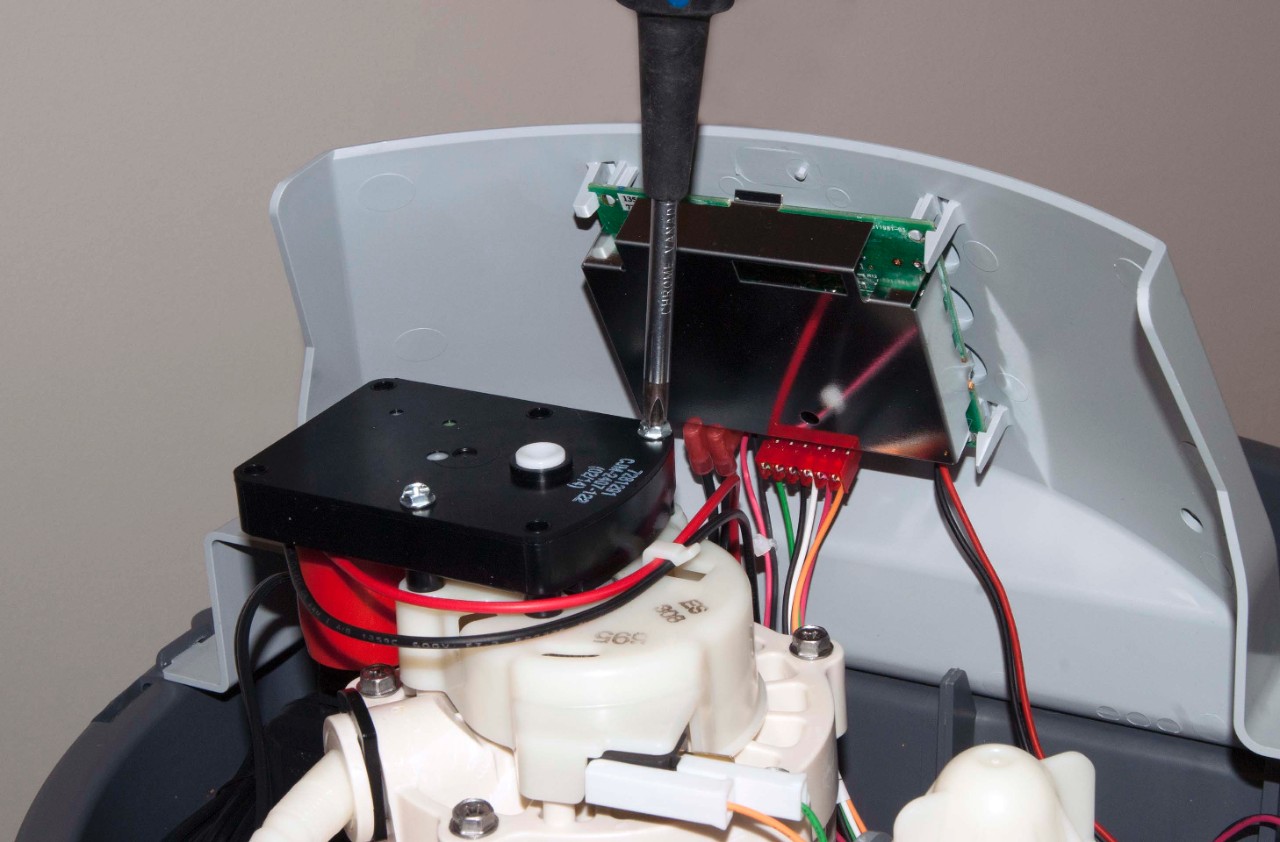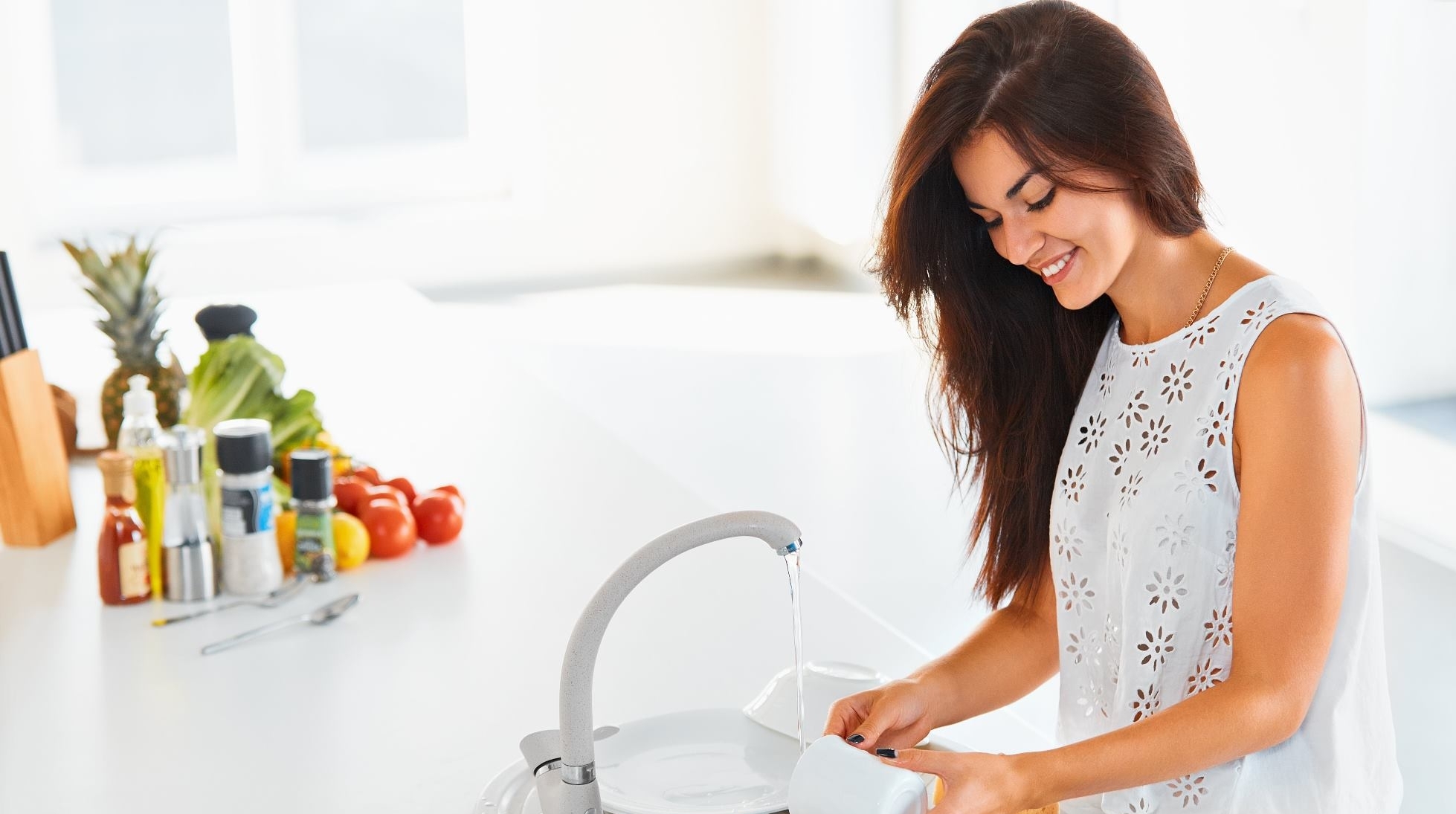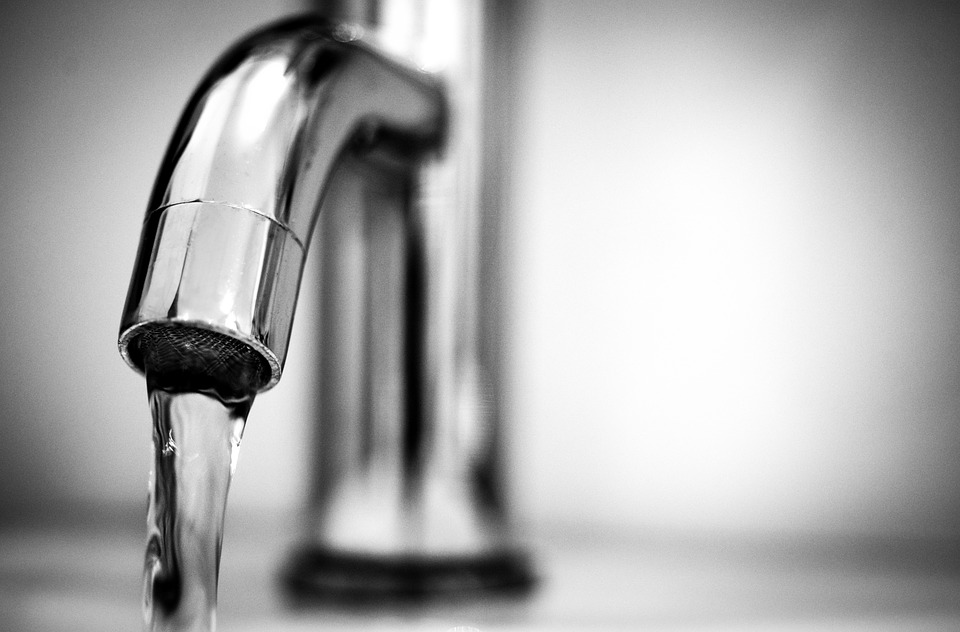If you have a supply of hard water, it is imperative to install a water softener system. Not only is hard water a nuisance to wash with, but it is also harmful to drink and use while cooking.
Thus, water softeners and water filters are the only solutions to neutralize the bad effects of hard water and other water impurities. A well-maintained water softener system can last you for more than 10 years.
But if you neglect its minor issues, they can spiral out while considerably shortening its life span.
Now let’s go through the 5 most common water softener issues and discuss their solutions.
Blockages
The high amount of calcium and magnesium in hard water leaves chalky residues in your pipes, water fixtures, and even in your water softening system.

This build-up of minerals and salt can cause a blockage in the waterline of your system’s tank. The most vulnerable areas to clogging are the brine line and the valve injector.
How to fix it:
Usually, a valve injector can be cleaned with the help of a needle or a safety pin. But for brine line clog and other blockages, you may need a professional’s help to avoid risking the damage of your whole system.
Salt Bridges
Salt bridges are a hard coating formed in your system’s brine tank due to low-quality salts, humidity, or other impurities. This salt crust creates a gap between water and salt, reducing water flow while deteriorating the system’s regeneration cycle.
How to fix it:
You can remove a salt bridge easily by breaking up the salt with a long stick, broom, or a mop. Ideally, you’ll find instruction in your system’s manual to fix this issue.
Motor Issues
In some cases, the water softener motor may either function poorly or stop working completely. A damaged motor deters the system’s performance. The motor rotates the valve between different modes, and when the motor is facing issues; the valve stops moving between modes.

However, with regular maintenance, you can prevent motor malfunction and have a constant supply of clean, soft water. On that note, go through the website Softwaterfiltration.com, if you want to improve the quality of your tap water.
How to fix it:
When it comes to motor problems, you will need professional help. If your motor is under warranty, you may get a replacement at no cost.
Brine Tank Overflow
The brine tank plays an important role in replacing hard water’s calcium and magnesium ions with sodium. Thus, a brine tank is a vital component for the proper functioning of a water softener system.
During the water softening system’s regeneration cycle, the brine tank is filled halfway with water. But sometimes, the cycle doesn’t use the brine water during regeneration, causing an overflow. This overflow may result due to a brine line blockage, a malfunctioning valve, a clogged injector, salt crusts, etc.
How to fix it:
Typically, an overflowing brine tank can be fixed by inspecting the brine line and brine line valve for any blockage or salt debris. But you must also know when you need professional help for any replacement to avoid worsening the problem.
Worn Out Resin Beads
The resin beads in your water softener turn the hard water minerals into soft water through ion exchange. However, over time, the resin beads are bound to wear out and degrade. As a result, the softening capacity of your system also weakens.

Typically, resin beads can last for a lifetime, but with time or high levels of chlorine usage, it may break down. So, when you see any minor issues with the resin such as floating resin particles, fix it immediately.
How to fix it:
Adjust the softener settings to regenerate more, and clean or replace the resin beads. However, in the long run, you may have to call a professional to fix the problem.






